This article was co-authored by John Burson and by wikiHow staff writer, Jessica Gibson. John Burson is a Certified Nutritionist, Licensed Herbalist, and Certified Personal Trainer. With over 25 years of experience, John specializes in helping clients lose weight and live healthier lives. John graduated magna cum laude and received a Bachelor’s degree in Business and Marketing from Grand Canyon University. He has also earned Thumbtack Top Pro honos for three consecutive years.
There are 12 references cited in this article, which can be found at the bottom of the page.
This article has been viewed 30,387 times.
There's something about pleasantly plump cheeks that make a person look healthy and happy. While there's no single food that helps you get chubby cheeks, eating specific foods can give you healthy skin that's plump and smooth. If your cheeks are slim or you're underweight, gaining weight will also help fill out your cheeks so they're soft and round.
Steps
Expert Q&A
-
QuestionWhich is the healthiest fish to eat?
 John BursonJohn Burson is a Certified Nutritionist, Licensed Herbalist, and Certified Personal Trainer. With over 25 years of experience, John specializes in helping clients lose weight and live healthier lives. John graduated magna cum laude and received a Bachelor’s degree in Business and Marketing from Grand Canyon University. He has also earned Thumbtack Top Pro honos for three consecutive years.
John BursonJohn Burson is a Certified Nutritionist, Licensed Herbalist, and Certified Personal Trainer. With over 25 years of experience, John specializes in helping clients lose weight and live healthier lives. John graduated magna cum laude and received a Bachelor’s degree in Business and Marketing from Grand Canyon University. He has also earned Thumbtack Top Pro honos for three consecutive years.
Certified Nutritionist The most healthy fish contain reasonable amounts of omega-3 fats, vitamin D, lean protein, and selenium. The best type of fatty fish in this category are salmon, tuna, trout, cod, and herring. Although wild-caught fish contain more omega-3 fats, the Environmental Defense Fund Seafood Selector gives farm-raised fish a higher safety rating because they have less exposure to mercury and other potentially harmful minerals.
The most healthy fish contain reasonable amounts of omega-3 fats, vitamin D, lean protein, and selenium. The best type of fatty fish in this category are salmon, tuna, trout, cod, and herring. Although wild-caught fish contain more omega-3 fats, the Environmental Defense Fund Seafood Selector gives farm-raised fish a higher safety rating because they have less exposure to mercury and other potentially harmful minerals.
References
- ↑ https://www.ncbi.nlm.nih.gov/pmc/articles/PMC2883372/
- ↑ https://www.bbcgoodfood.com/howto/guide/what-eat-glowing-skin
- ↑ https://www.ncbi.nlm.nih.gov/pmc/articles/PMC3583891/
- ↑ https://www.bbcgoodfood.com/howto/guide/what-eat-glowing-skin
- ↑ https://www.ncbi.nlm.nih.gov/pmc/articles/PMC3583891/
- ↑ https://www.mayoclinic.org/healthy-lifestyle/nutrition-and-healthy-eating/expert-answers/underweight/faq-20058429
- ↑ https://health.clevelandclinic.org/23-foods-good-skin/
- ↑ John Burson. Certified Nutritionist. Expert Interview. 9 June 2021.
- ↑ John Burson. Certified Nutritionist. Expert Interview. 9 June 2021.
- ↑ John Burson. Certified Nutritionist. Expert Interview. 9 June 2021.
- ↑ John Burson. Certified Nutritionist. Expert Interview. 9 June 2021.
- ↑ https://health.clevelandclinic.org/dietitians-best-advice-child-underweight/
- ↑ https://www.ncbi.nlm.nih.gov/pmc/articles/PMC3583891/
- ↑ https://www.ncbi.nlm.nih.gov/pmc/articles/PMC3664913/
- ↑ John Burson. Certified Nutritionist. Expert Interview. 9 June 2021.
- ↑ https://www.ncbi.nlm.nih.gov/pmc/articles/PMC3583891/
- ↑ https://health.clevelandclinic.org/23-foods-good-skin/
- ↑ https://www.ncbi.nlm.nih.gov/pmc/articles/PMC7146365/
- ↑ https://ods.od.nih.gov/factsheets/Copper-HealthProfessional/
- ↑ https://forefrontdermatology.com/role-water-plays-skin-health/
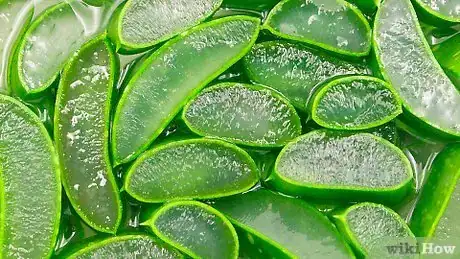
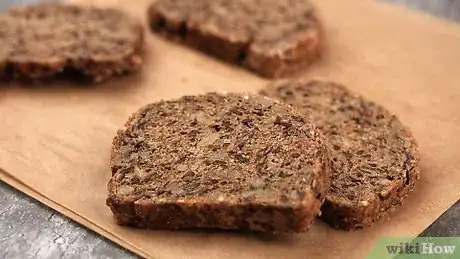
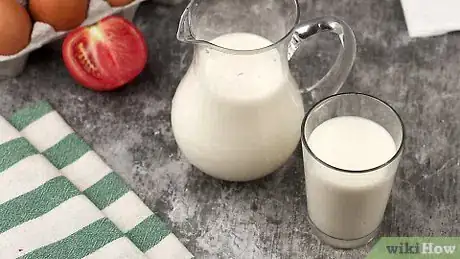
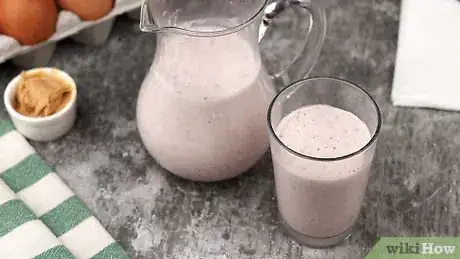
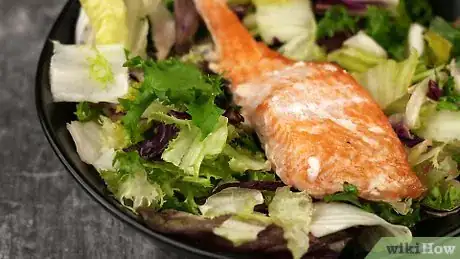

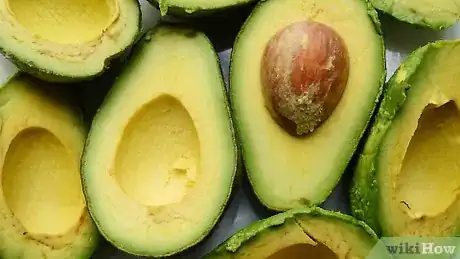
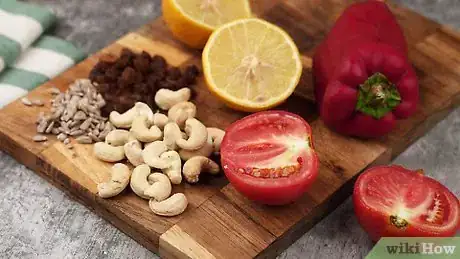
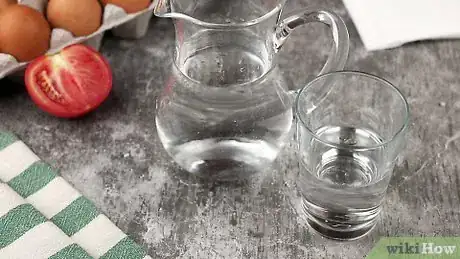


-Step-3-Version-3.webp)
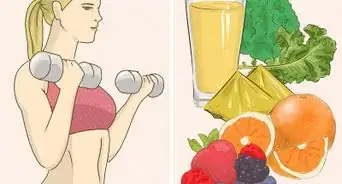

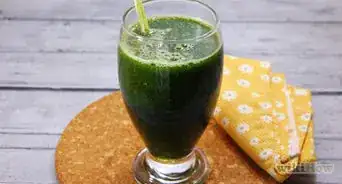
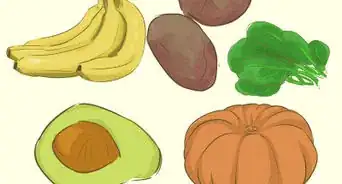




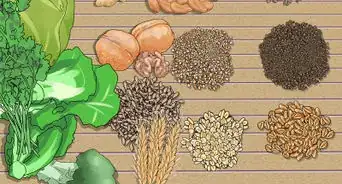
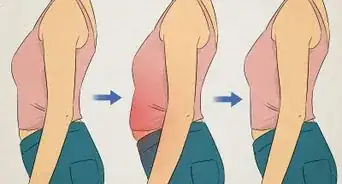









-Step-3-Version-3.webp)
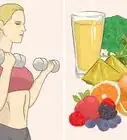



































Medical Disclaimer
The content of this article is not intended to be a substitute for professional medical advice, examination, diagnosis, or treatment. You should always contact your doctor or other qualified healthcare professional before starting, changing, or stopping any kind of health treatment.
Read More...